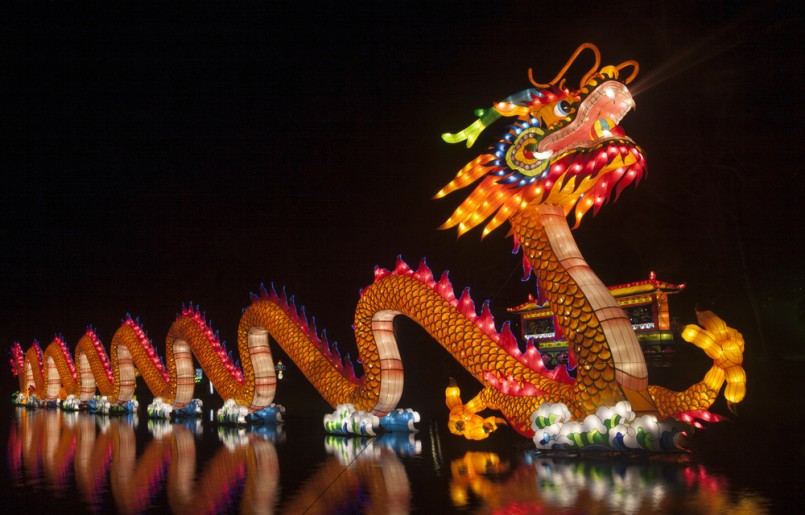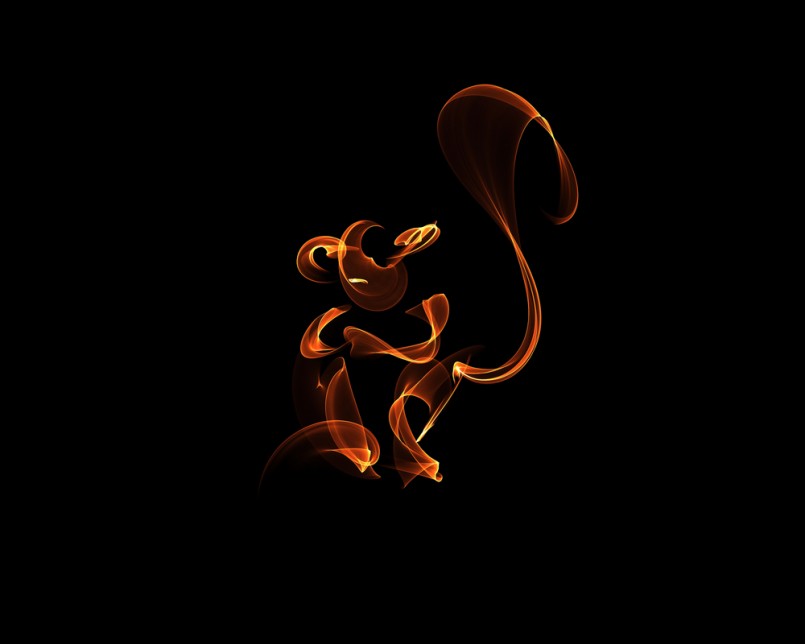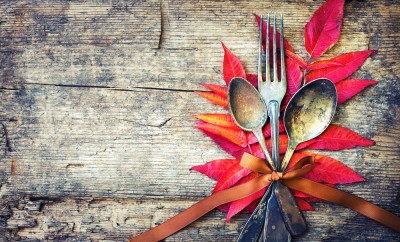Africa
Begin Again With The Chinese New Year

Image: Shutterstock/Mauvries
Begin Again With The Chinese New Year
For Americans, the New Year has come and gone. There were parties all over the country on one night, New Year’s Eve, and the ball was dropped in New York City. There may have been fireworks, depending on your location. A kiss from your significant other at midnight is traditional. The next day, people went back to their regular lives, though some with the idea of resolutions for the year of 2016. This is drastically different than the way China celebrates their New Year, which occurs on February 8, 2016.
The Chinese New Year is an ancient tradition, though no one knows quite when it started. There is evidence of celebratory activities dating back to 2300 BC. However, the Chinese New Year is determined by a lunisolar calendar, and thus is dependent on phases of the moon. Also, each emperor from dynasty to dynasty changed the calendar dates at their discretion, so it’s difficult to determine the exact beginning of the holiday. Also, it is for this reason that the Chinese New Year occurs on a different day every year, based on the lunar cycle. Legend states that the holiday began with a fight between the Chinese and a monster called the “Year”. He had the body of an ox and the head of a lion. He lived in the sea and would come out once a year on New Year’s Eve to terrorize and harm people and their livestock. Eventually, the Chinese discovered the “Year” was afraid of fire, loud noises, and the color red. Therefore, the Chinese New Year is a huge, loud celebration with most decorations colored red, and fire everywhere. It is all in attempt to ward off the monster.
This holiday has morphed since its beginnings. It was considered the most important festival of the year. It used to be a time to come together with far away relatives for feasting, and to honor the family ancestors. The meals were based on fish and dumplings, foods of prosperity, and there was a cleansing of the houses for days before the New Year. This was to get rid of unpleasant spirits of the previous year, and to appease the gods. Sacrifices of food and paper icons were common. There were lanterns and markets and fireworks. Elders gave out Red Packets to children, containing money, as a wish for prosperity and blessing. On New Year’s Eve, people would stay up all night lighting fires and fireworks to fend off the “Year” monster. The Chinese are a superstitious people, so many of the traditions were formed with the intention of bringing good luck, favor from the gods, and long life. The celebration would last for fifteen days. Today, some young people just see it as a week-long vacation from work and it has lost its religious meaning. It is now referred to as the Spring Festival by many. They enjoy their days off at home, and don’t partake in the traditions. Regardless of religion, the zodiac symbols still carry weight to this day and it is important to the Chinese in terms of what decisions they should make in that year, or the impact of a child being born in a particular year.

Image: Shutterstock/Ira Cvetnaya
For example, 2016 is the Year of the Red Monkey. The Chinese calendar is a complex entity, because it is a combination of zodiac signs and the five elements (metal, water, earth, fire, wood). The Monkey is known to be a mischievous animal, so if you’re born in the year of the Monkey, you won’t have good luck in any of the following Monkey years. The Monkey is connected to the Metal element, which symbolizes money and wealth. The Monkey is also connected to the Water element, meaning wisdom and danger. The Chinese interpret this as a sign of upcoming financial events, which could be good or bad. Caution is urged before making any major financial decisions this year. There are twelve astrological signs, so the animals rotate every twelve years. The next Year of the Monkey will be 2028.
As with any New Year, the Chinese holiday is meant to be a chance for a new beginning. It’s intent was to bring people together over a common triumph: victory over the past year. Whether you’re Chinese or not, there’s a beautiful picture here of beginnings, family and second chances. Maybe if you’re discouraged with how this year has gone so far, or you didn’t follow through with that resolution, you could use February 8th as your own second chance. For a fresh start and a clean slate.
Sui Sui Ping An—may you have everlasting peace, year after year.





0 comments